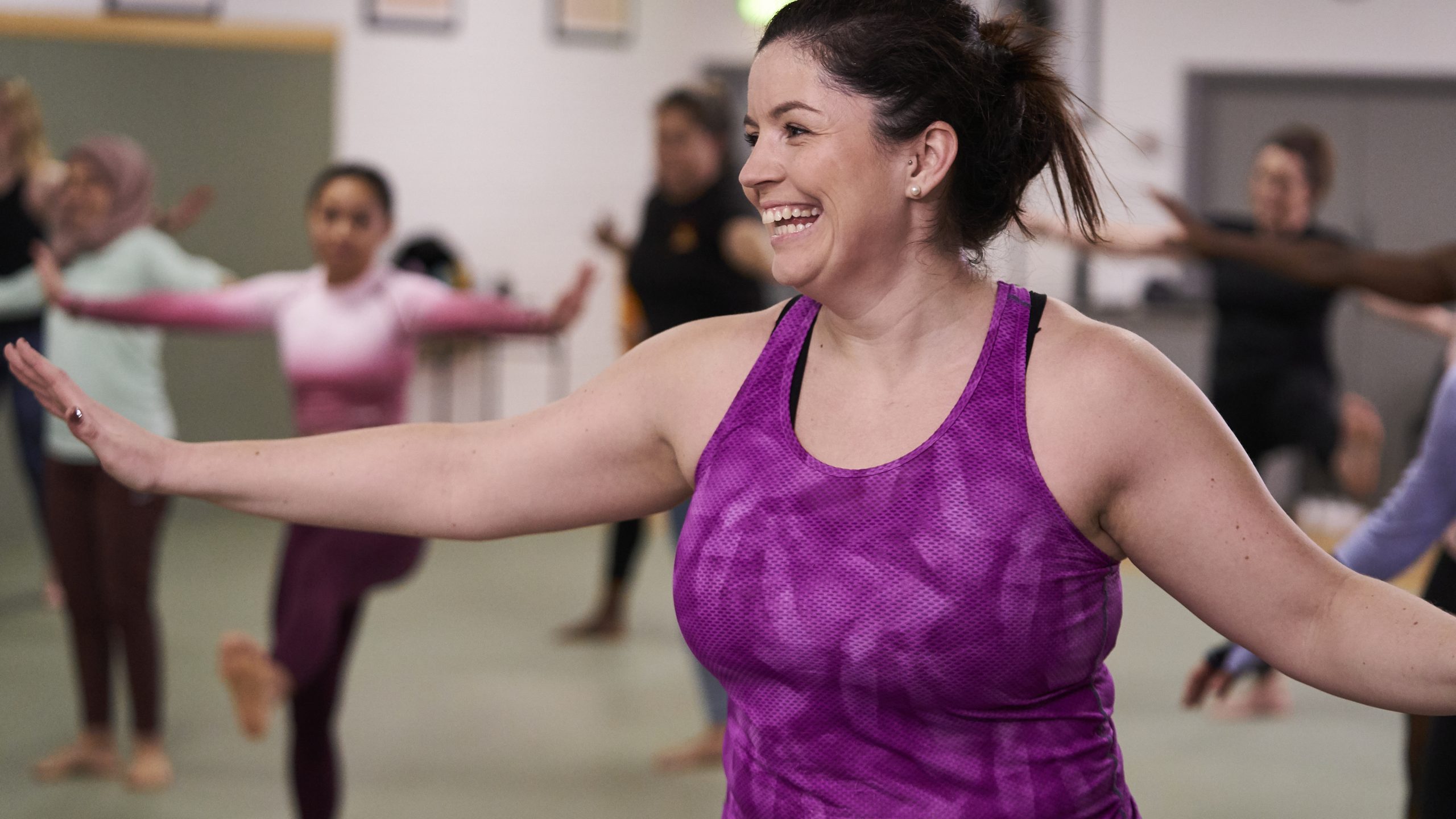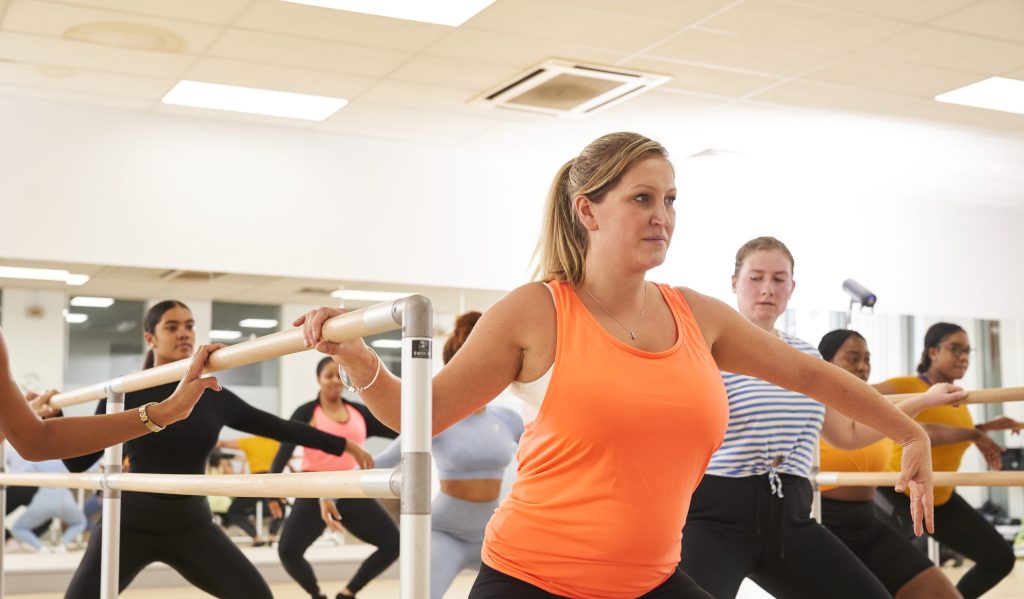On the positive side there has been the significant rise in people walking and cycling for leisure (walking rose by 3.6 million and cycling by 1.2 million), but with the days shortening the risk is that these activities may not hold up, particularly amongst women.
In response to the new data, Women in Sport:
- Backs Swim England’s and UK Active’s calls for government investment in high quality public pools and leisure facilities, to avoid up to 2,000 public pools closing by the end of the decade. This matters for everyone, but far more for less affluent communities and for women, who make up the majority of pool users and have been slow to rebuild the habit.
- Backs investment in the natural environment of our cities, countryside and coast to ensure women and girls have access to safe places to continue their new habits of walking, cycling and outdoor swimming. Urban streets and parks need to be designed or redesigned with girls and women in mind. Why did the Government not back an amendment to the Environment Bill supported by British Canoeing and others to prevent the discharge of raw sewage into our rivers and seas?
7% of women say they are lonely often or always compared to 5% of men. No-one deserves to be lonely, and being active with other people is one of the best ways to tackle loneliness whilst building our physical and mental health.
Women in Sport’s #TimeTogether and #Menopossibilities campaigns continue to spotlight the opportunities that should exist for women ensuring no-one is excluded from the joy, fulfilment and lifelong benefits of sport and exercise.


